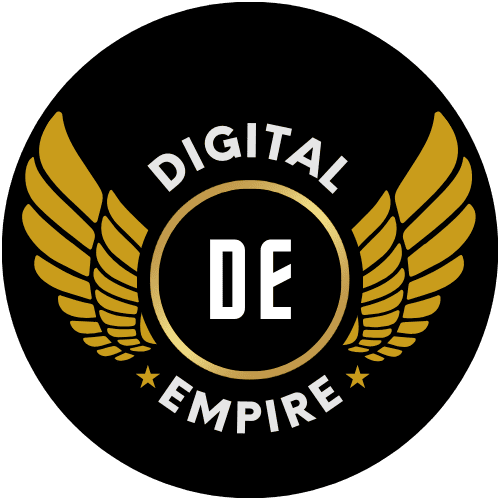
In the digital age, the phrase “Content is King” is more relevant than ever. As the digital landscape expands, the role of content in engaging audiences, driving traffic, and building brand loyalty continues to grow exponentially. This guide dives into why content remains the cornerstone of digital marketing and how marketers can harness its power to fuel their strategic objectives.
Understanding Content Marketing
Content marketing is a strategic approach focused on creating and distributing valuable, relevant, and consistent content to attract and retain a clearly-defined audience — and, ultimately, to drive profitable customer action. This concept isn’t new; it traces back to the early days of print media. However, the rise of digital media has amplified its importance, allowing brands to reach larger audiences at a fraction of traditional advertising costs. Content can vary widely — from in-depth blog posts and articles, engaging videos, and infographics, to podcasts and dynamic social media posts. Each type serves a different purpose and caters to specific segments of a target audience, making the understanding of content types crucial for effective content marketing.
The Role of Content in Digital Marketing
Content is the fuel for all digital channels. It enhances website visibility through search engine optimization (SEO), ensuring that potential customers find your site when searching for related information. High-quality content improves SEO rankings by incorporating targeted keywords and generating backlinks, two factors highly valued by search engines. Moreover, content is integral to building a brand’s identity and trust. Regularly updated, relevant content establishes a brand as a thought leader in its field, fostering a sense of trust and reliability among its audience. It also encourages engagement, as compelling content prompts readers to interact with the brand through likes, shares, and comments, further amplifying its reach.

Strategic Content Creation
Creating impactful content starts with a deep understanding of the target audience. Marketers must define buyer personas to tailor content that addresses the specific needs, problems, and interests of their audience. This alignment increases the relevance and appeal of the content. Planning is next. A content calendar helps organize the production and distribution of content, ensuring a consistent flow that keeps the audience engaged and informed. It also helps in managing resources and timing for special campaigns or seasonal topics.
Content Marketing Success Stories
The digital world is full of success stories where content marketing has played a pivotal role. Take, for example, how-to videos and tutorials by tech companies that not only educate consumers but also drive product sales. These videos often see higher engagement rates and lead to direct conversions. Similarly, lifestyle brands frequently use storytelling through blog posts and Instagram stories to create emotional connections with their audiences, resulting in enhanced brand loyalty and repeat customers. Analyzing these successes shows common factors: a deep understanding of the target audience, content tailored to audience preferences, and a strategic use of platforms where their audience is most active. These case studies serve as excellent learning tools for marketers looking to refine their content strategy.
Measuring the Impact of Content
To evaluate the effectiveness of content marketing, marketers rely on various key performance indicators (KPIs). These may include page views, shares, likes, and comments to assess engagement, as well as more concrete metrics like lead generation and conversion rates. Tools such as Google Analytics, Ahrefs, and SEMrush provide insights into how users interact with content and which pieces perform best. Based on these metrics, marketers can determine which types of content resonate most with their audience and adjust their strategies accordingly. This data-driven approach ensures that marketing efforts are not wasted on ineffective content and helps to continually refine and improve content strategies.

Challenges in Content Marketing
Despite its effectiveness, content marketing is not without its challenges. Creating consistently high-quality, engaging content can be resource-intensive. Furthermore, with the vast amount of content available online, standing out from the crowd is increasingly difficult. To overcome these obstacles, marketers must be innovative and keep abreast of the latest trends and technologies, like AI-driven content creation tools, to streamline processes and enhance creativity. Another significant challenge is the ever-changing algorithms of search engines and social media platforms, which can affect how content is viewed and shared. Marketers must stay informed about these changes and adapt their strategies to maintain visibility and engagement.
Conclusion
The phrase “Content is King” still holds true in today’s digital marketing world. Quality content has the power to attract, engage, and convert audiences like no other marketing tool. By understanding the strategic importance of content, leveraging successful practices, and overcoming challenges, marketers can effectively use content to drive brand growth and customer loyalty.
As we look to the future, the importance of content only seems to be growing. Therefore, marketers should continue to prioritize investment in quality content creation and stay adaptive to the evolving digital landscape. Embrace the reign of content—it remains your most powerful asset in the digital marketing kingdom.






